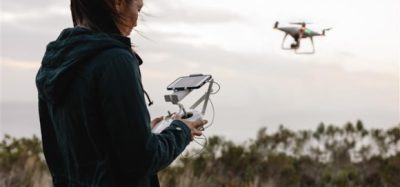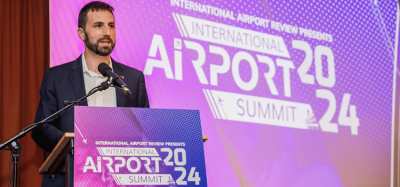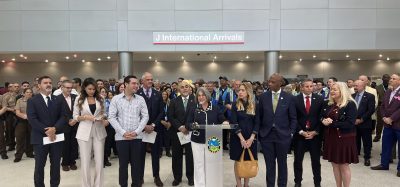TIACA publishes comprehensive air cargo sustainability assessment
- Like
- Digg
- Del
- Tumblr
- VKontakte
- Buffer
- Love This
- Odnoklassniki
- Meneame
- Blogger
- Amazon
- Yahoo Mail
- Gmail
- AOL
- Newsvine
- HackerNews
- Evernote
- MySpace
- Mail.ru
- Viadeo
- Line
- Comments
- Yummly
- SMS
- Viber
- Telegram
- Subscribe
- Skype
- Facebook Messenger
- Kakao
- LiveJournal
- Yammer
- Edgar
- Fintel
- Mix
- Instapaper
- Copy Link
Posted: 30 April 2021 | International Airport Review | No comments yet
The assessment will feed TIACA’s overall sustainability strategy and support enhanced work programmes addressing each of the organisations three key areas.
As part of The International Air Transport Association’s (TIACA) sustainability programme, launched in November 2019, the organisation has performed a widespread industry survey involving supply chain partners from across the globe and from each industry sector and business size.
The results have been analysed and published to form a ‘ground zero’ assessment by which future progress can be measured. The report’s findings will also feed TIACA’s overall sustainability strategy and support enhanced work programmes addressing each of the organisations three key areas: People, Planet, Prosperity, supported by innovation and partnership.
“Sustainability is one of the key priority areas for TIACA, as the air cargo industry must reflect the global society that it serves. We must collectively seek to focus on People, Planet and Prosperity. To flourish in the years to come, we must create equal opportunities for all, embrace technology and innovation and ensure that we implement environmentally responsible solutions designed to protect the planet today and for generations to come,” stated Glyn Hughes, TIACA’s Director General.
Key highlights of the report include:
- 91 per cent of respondents confirmed that their sustainability agenda is supported directly by their CEO
- 81 per cent indicated that there are concrete actions defined to make sustainability a real strategic priority for their company
- 69 per cent reported that sustainability considerations play an increasingly important role in procurement activity
- Despite the COVID-19 pandemic, over 63 per cent reported that sustainability issues play an even more important role in 2020 compared to 2019
- Over 70 per cent reported equal motivation to support customer demands, as well as to enhance the employee experience
- Sustainability drivers differ from one region to another, reflecting different priorities from social communities across the globe
- Digital transformation is a critical enabler of many sustainability initiatives, and 61 per cent reported that they have a digital transformation plan in place
- All industry sectors are committed to reducing their environmental impact, with many organisations adopting specific targets
- Carbon reduction, waste management and energy are main environmental focus of air cargo companies, with more than 50 per cent of respondents having concrete improvement action plans in place
- Whilst it is universally recognised that employee development is a key factor to enhance loyalty and team development, only 53 per cent of respondents have a comprehensive organisation-wide training and development plan in place.
Beyond the defined People, Planet and Prosperity categories, the report classifies the areas of focus into three main activities:
- Critical items to operate successfully
- Essential items to grow
- Exemplary areas to differentiate.
“This first annual report will be critical to highlight the areas which the industry, and TIACA, will need to focus on going forward. It helps in identifying what TIACA can do to accelerate the sustainable transformation of the air cargo industry by uniting stakeholders towards shared commitments and consistent targets through raised awareness. We also aim to help enhance collaborative relationships through knowledge platforms, neutral validation programmes, partnerships, sharing best practices and supporting innovation,” stated Steven Polmans, Chair of TIACA’s Board of Directors.
Related topics
Air freight and cargo, Airside operations, Emissions, Sustainability, Sustainable development


















